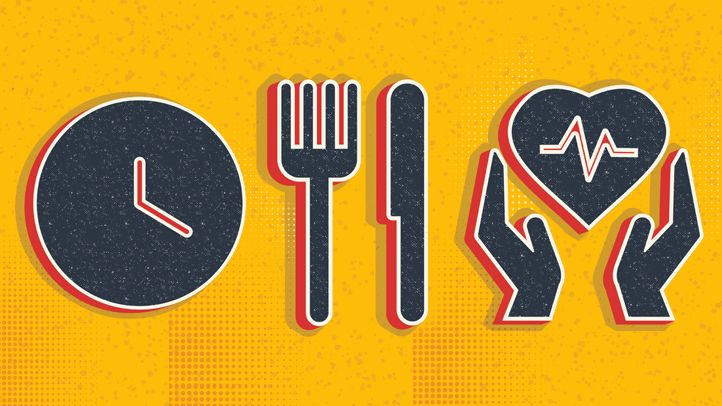
When my patients struggle with weight loss, high blood pressure, cholesterol or blood sugar, I often recommend intermittent fasting. Intermittent fasting has recently been very popular in the news and health blogs and for good reason. Even Dr. Oz has made it part of his 2020 wellness plan.
A recent article published in the New England Journal of Medicine titled, “Effects of Intermittent Fasting on Health, Aging, and Disease,” reviews multiple studies that show how intermittent fasting effects general health AND slows or reverses aging and disease processes. To summarize the science in one line: fasting allows the body to remove and repair while eating supports growth and change.
Consistently, these studies show that intermittent fasting has “robust disease-modifying efficacy” on chronic disorders, including obesity, diabetes, cardiovascular disease, cancers, and neurodegenerative brain diseases. It can even improve mental and physical performance.
The article does find that two fasting plans are especially effective: 1) Restricting eating to a 6-8 hour window daily or 2) 5:2 fasting – eating normally for 5 days a week while eating only one moderate meal the other 2 days. It is interesting to point out that an individual can eat the same amount of calories in a small time window (6-8hrs) vs eating it though out the day (no time window) and still lose weight. This is the case because of the metabolic repair processes occurring during the fasting time.
If you haven’t tried intermittent fasting before or if you have and experienced negative side effects (hunger, hypoglycemia, detox reactions, headaches, etc), I encourage you to speak with your doctor. It can take time to work up to a small eating window. If you start limiting your eating window too quickly without proper preparation, you may become discouraged. With adequate follow-up, your doctor can be your guide to success.
References: https://www.nejm.org/doi/full/10.1056/NEJMra1905136
